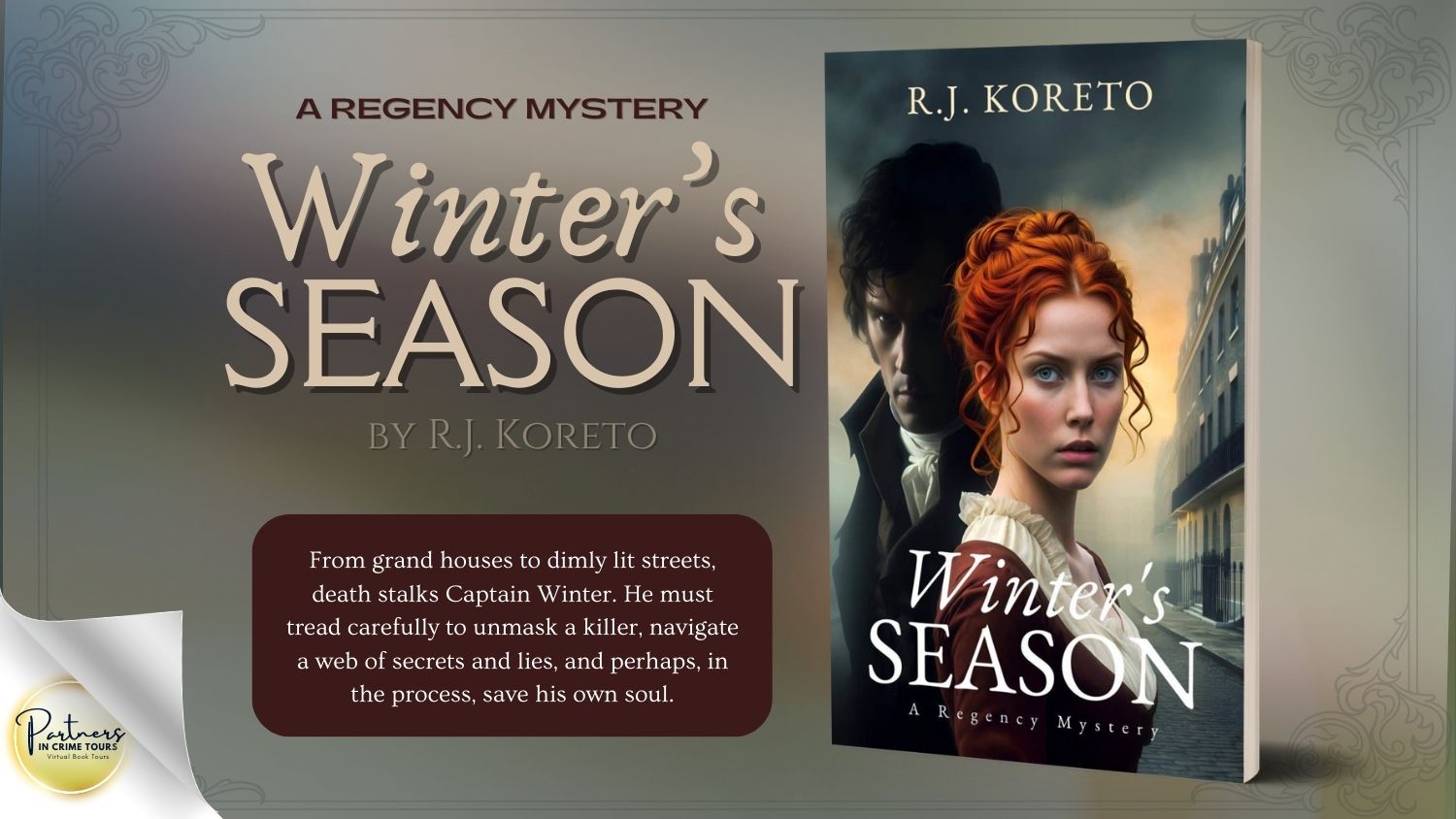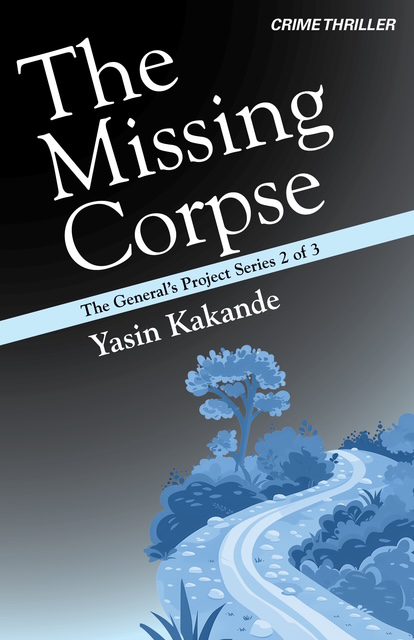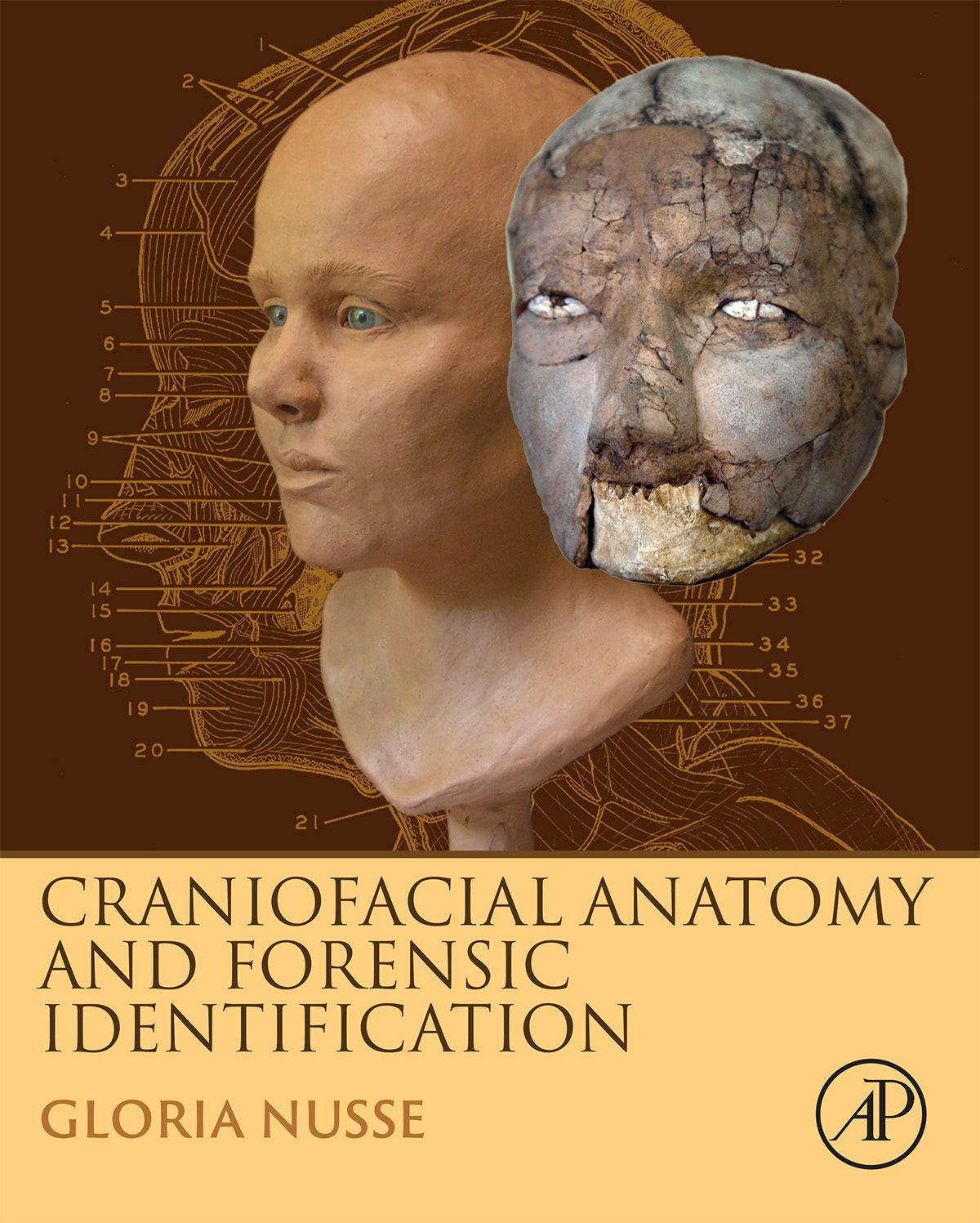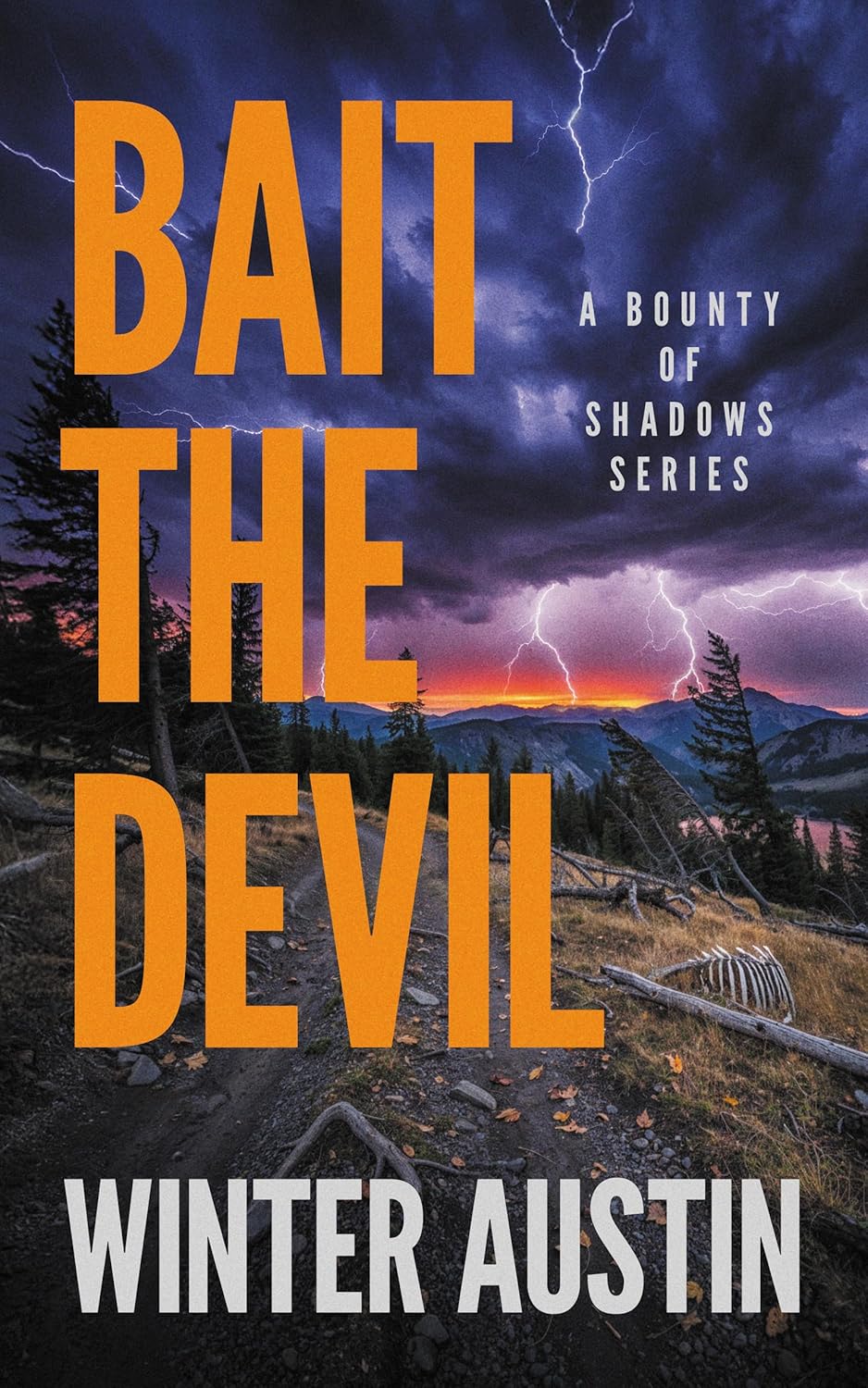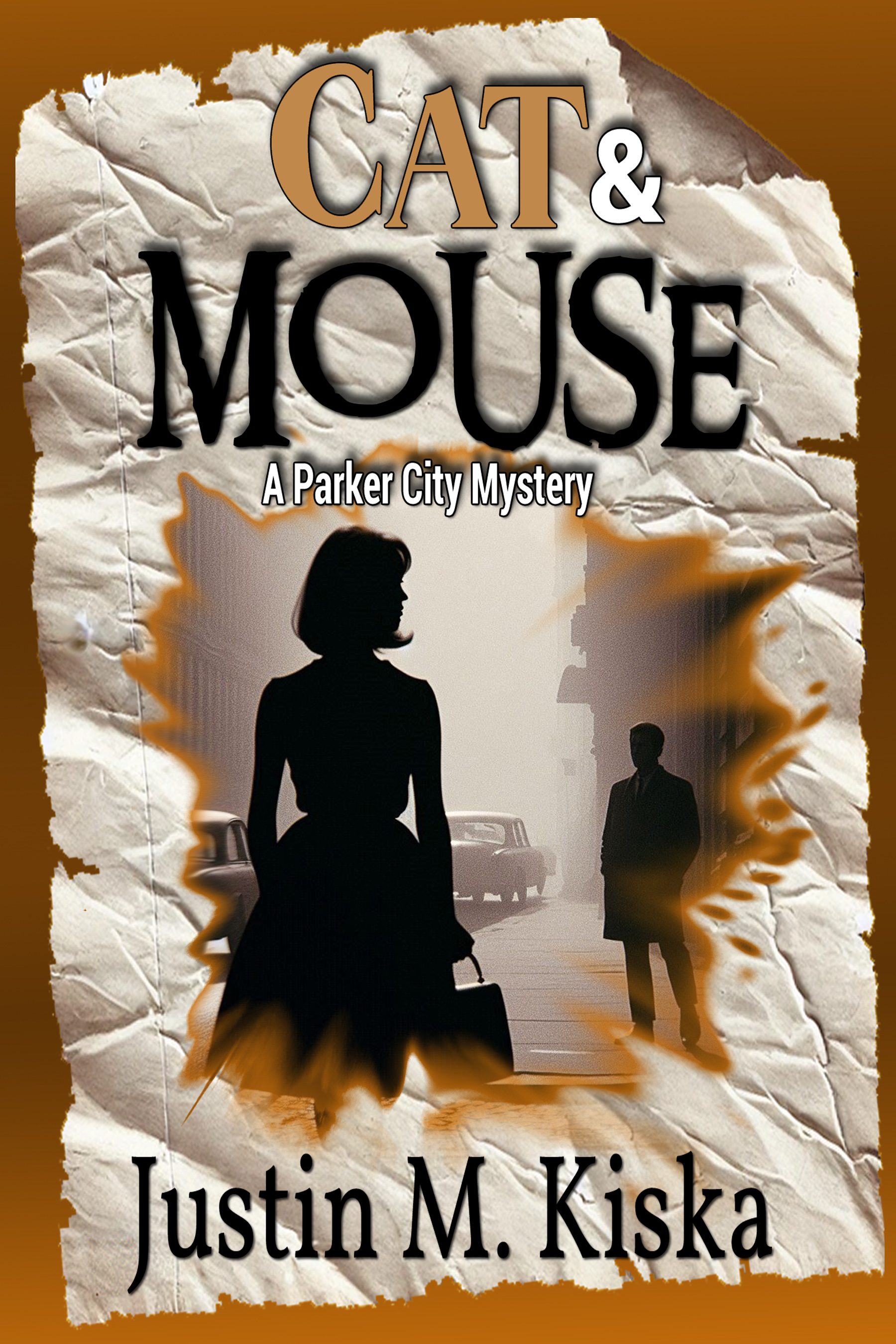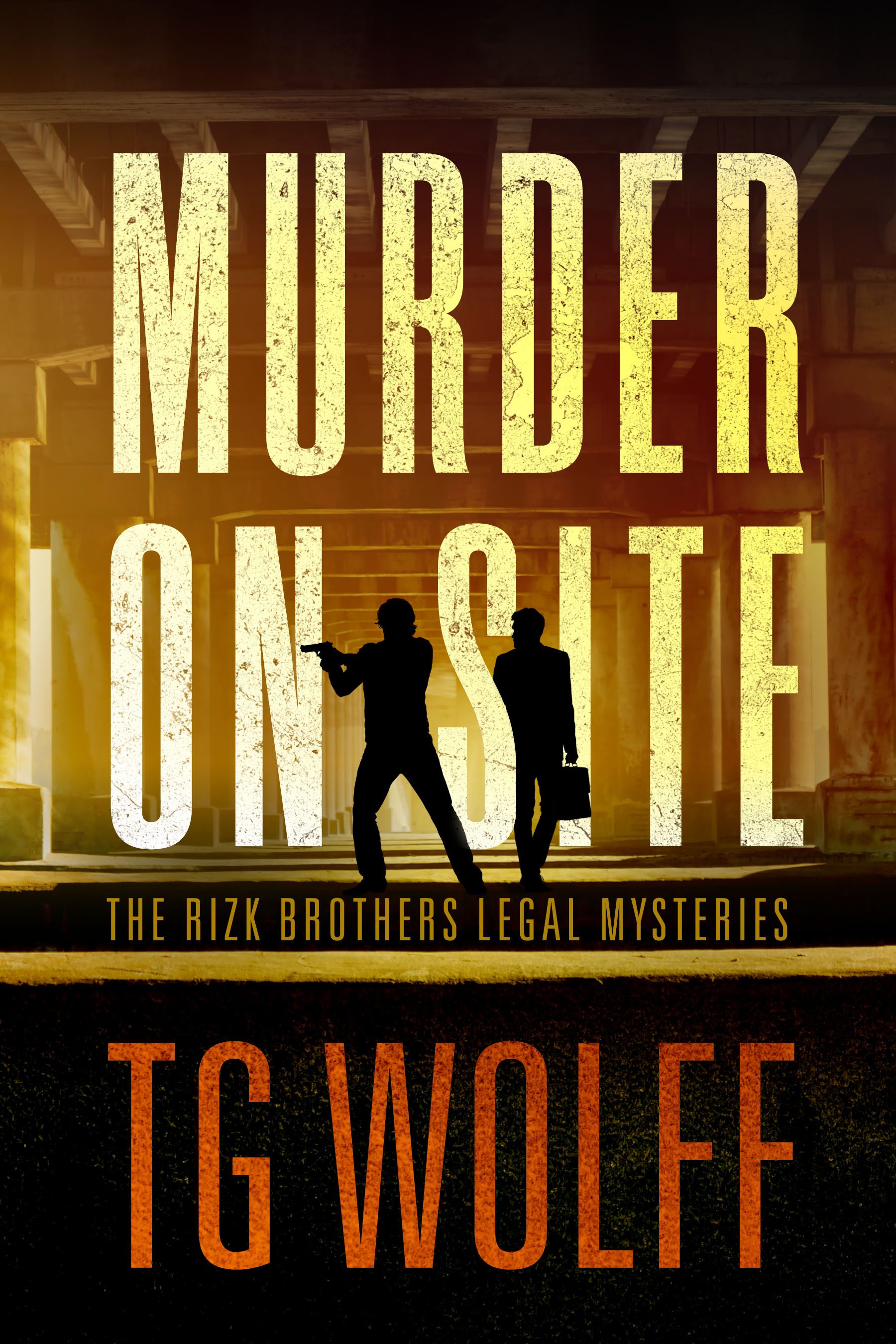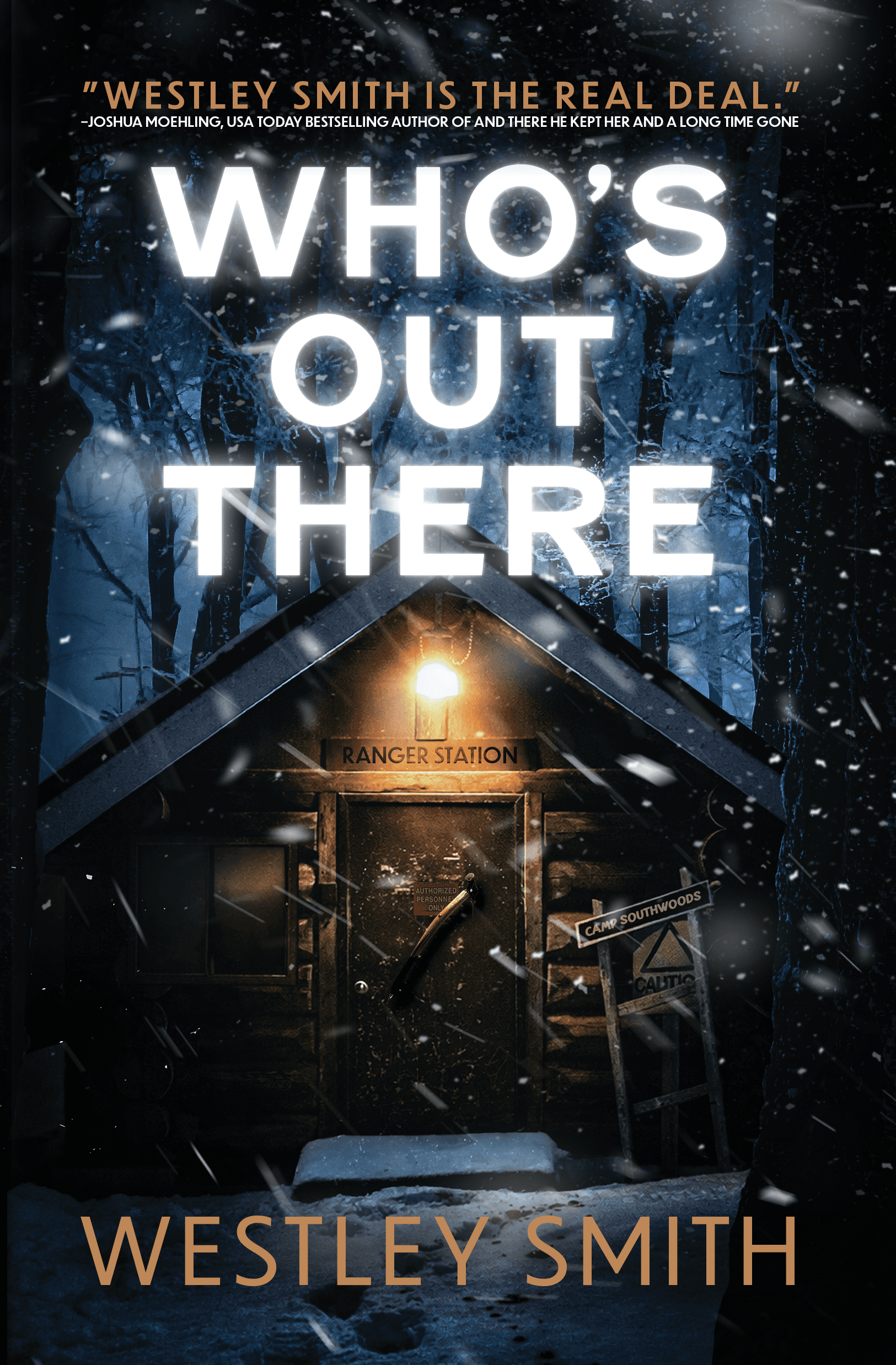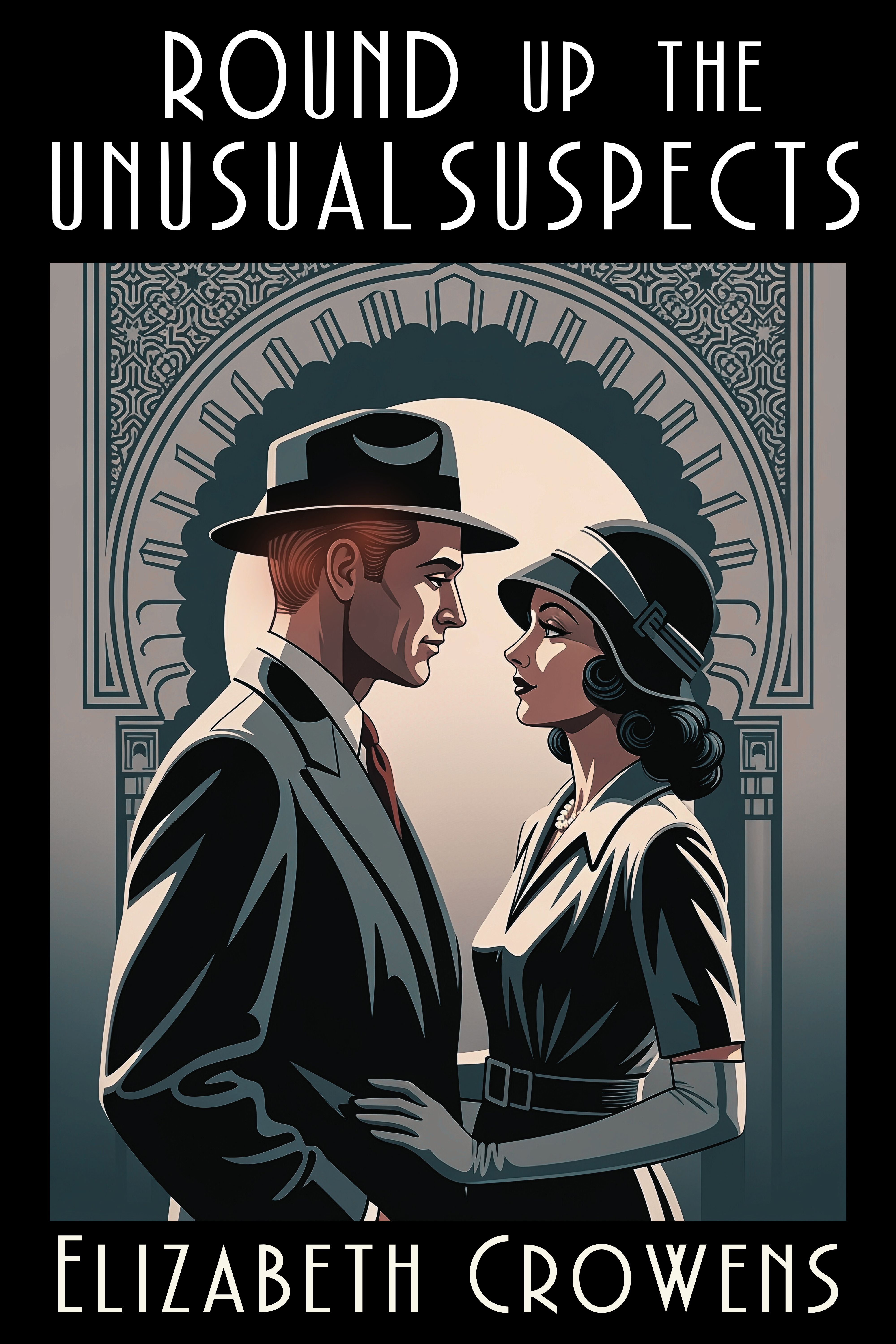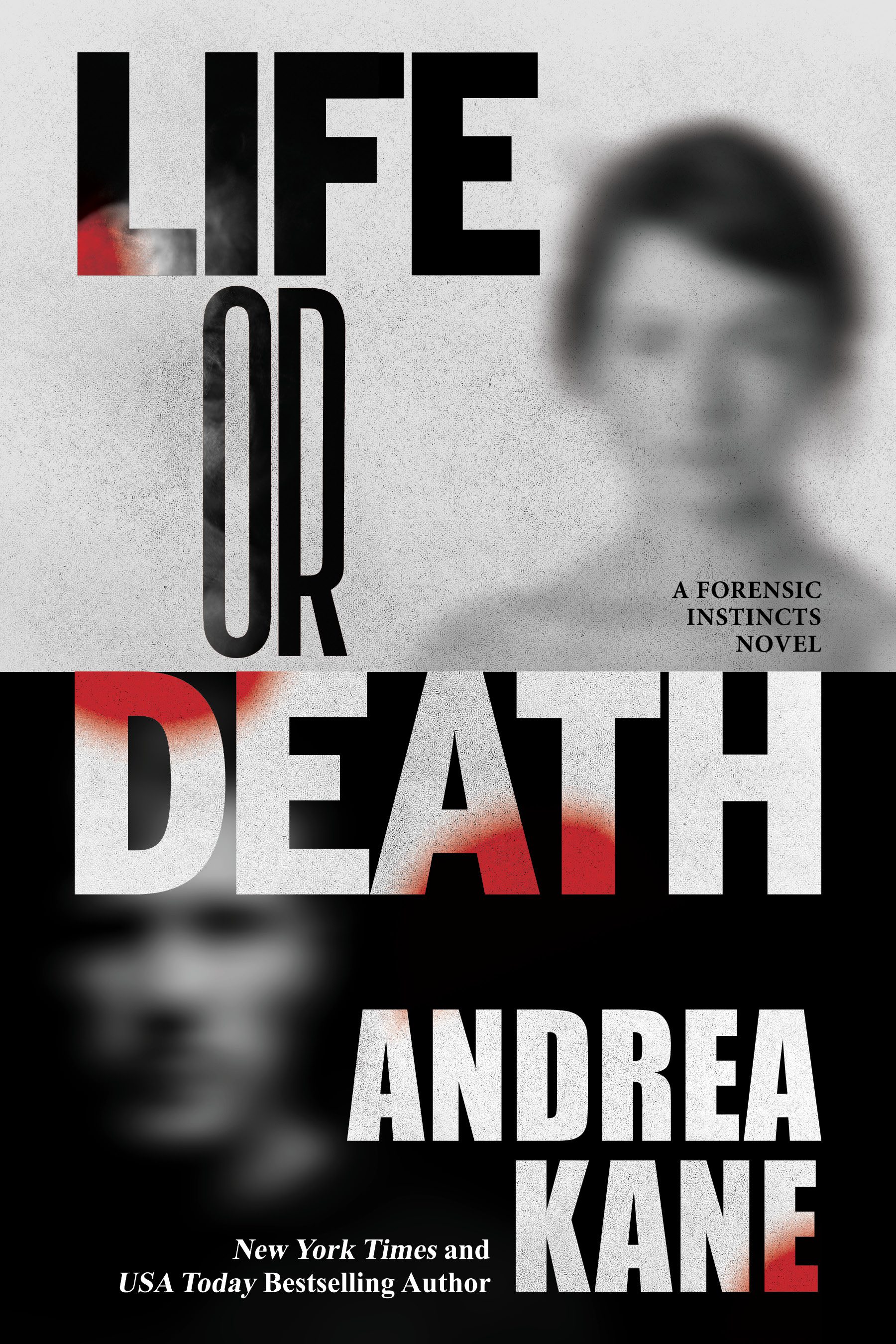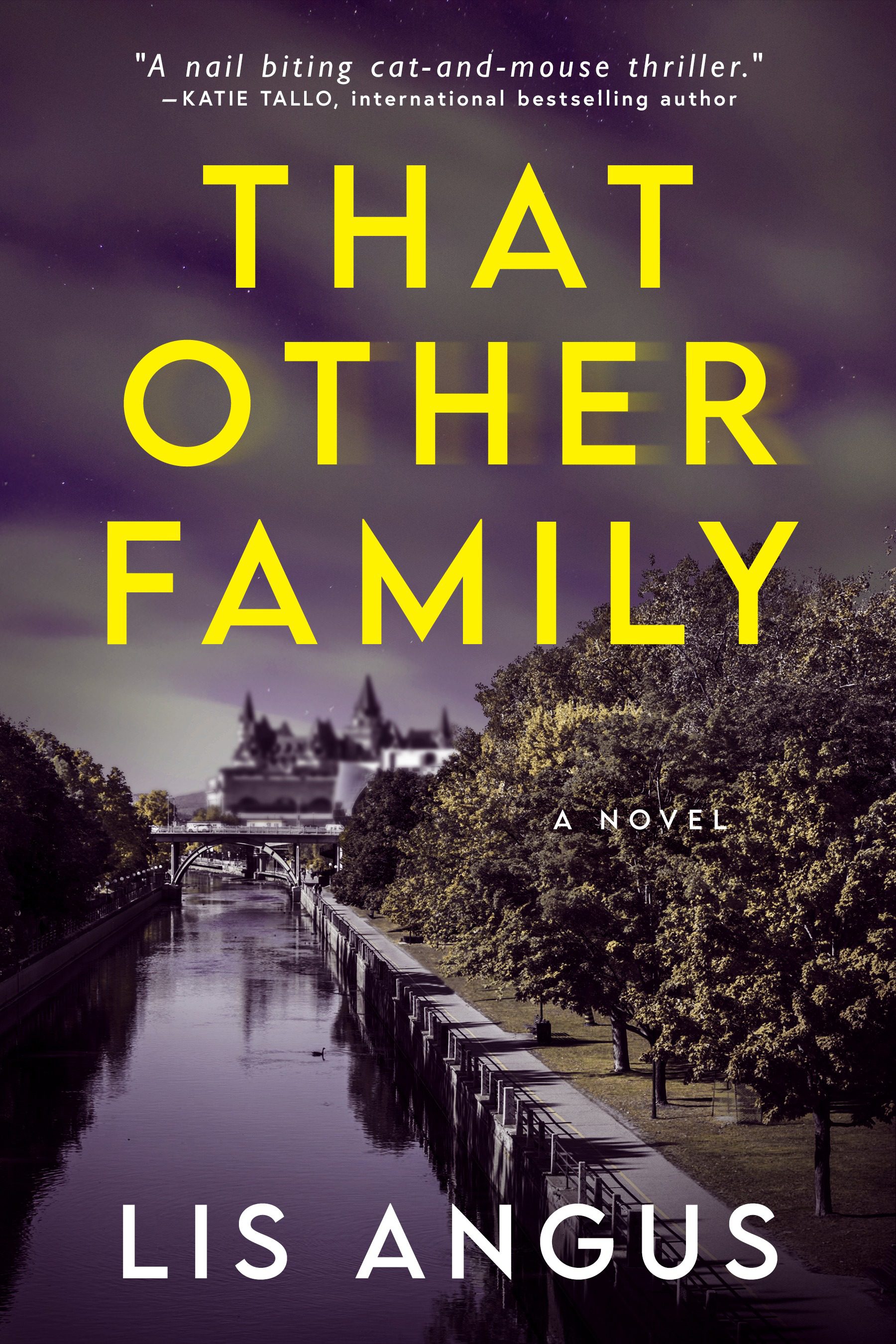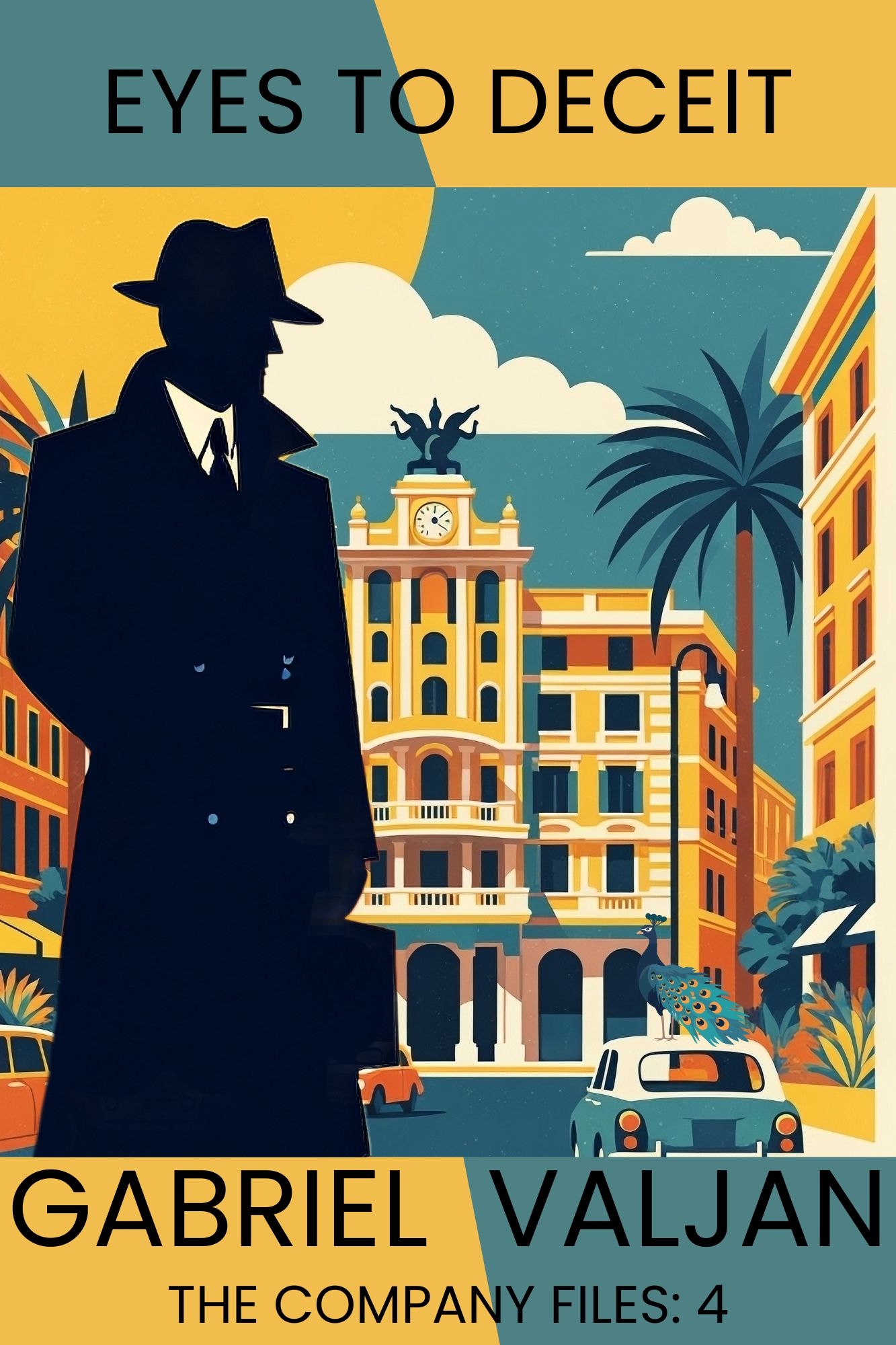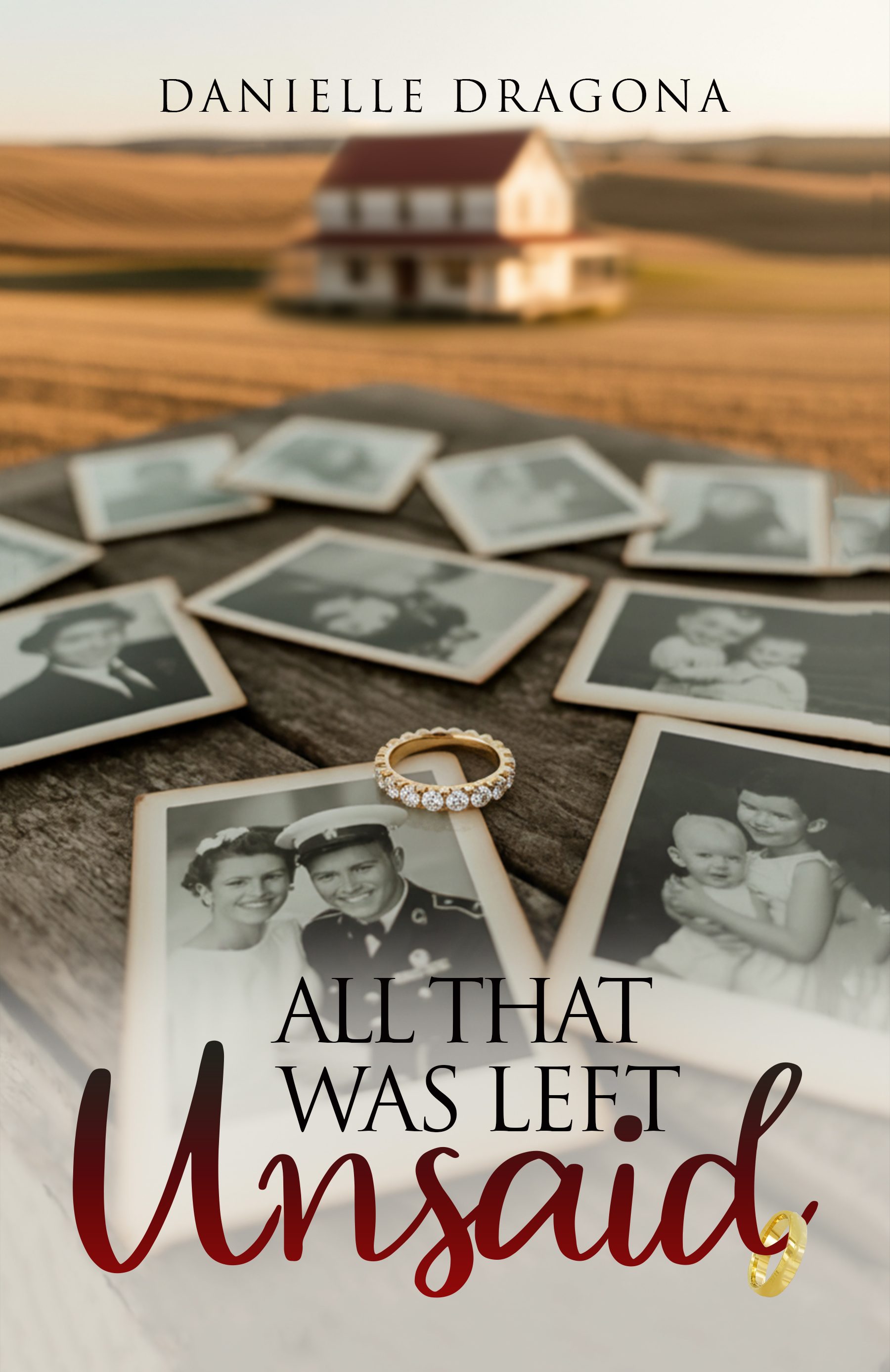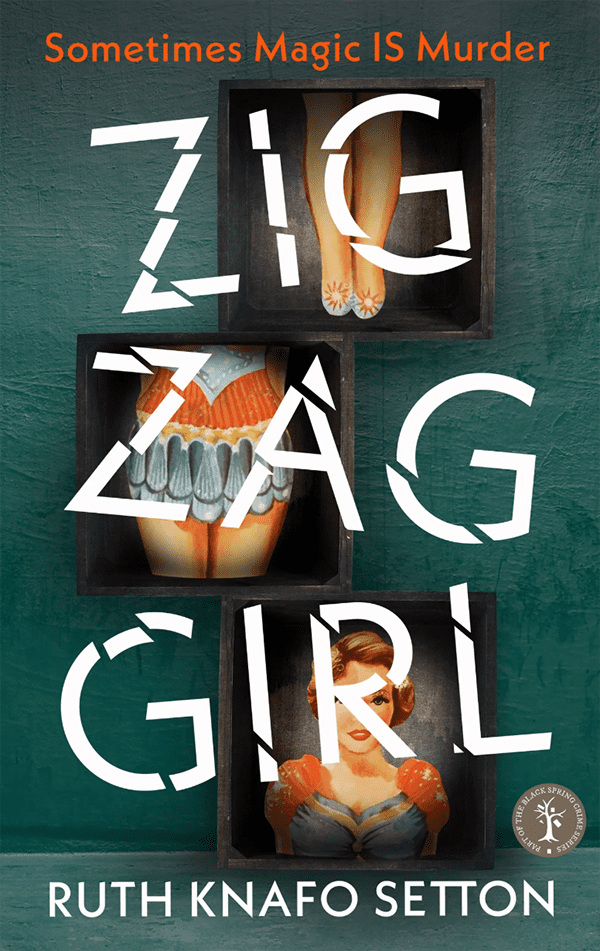WINTER’S SEASON
by R.J. Koreto
January 26 – February 20, 2026 Virtual Book Tour
Synopsis:

In 1817 London, Before the Police, There Was Captain Winter.
London, 1817. A city teeming with life, yet lacking a professional police force. When a wealthy young woman is brutally murdered in an alley frequented by prostitutes, a shadowy government bureau in Whitehall dispatches its “special emissary”―Captain Winter. A veteran of the Napoleonic Wars and a gentleman forged by chance and conflict, Winter is uniquely equipped to navigate the treacherous currents of London society, from aristocratic drawing rooms to the city’s grimmest taverns.
Without an army of officers or the aid of forensic science, Winter must rely on his wits and a network of unconventional allies. His childhood friend, a nobleman, opens doors in high society, while a wise Jewish physician uncovers secrets the dead cannot hide.
But Winter’s most intriguing, and potentially dangerous, asset is Barbara Lightwood. Shrewd, beautiful, and operating as a discreet intermediary among the elite, Barbara shares a past with Winter from the war years. Their rekindled affair is fraught with wariness; she offers intimate information crucial to his investigation, but guards her own secrets fiercely. Like Winter, she is both cunning and capable of danger.
From grand houses to dimly lit streets, death stalks Captain Winter. He must tread carefully to unmask a killer, navigate a web of secrets and lies, and perhaps, in the process, save his own soul.
Winter’s Season Trailer:
Book Details:
Genre: Thriller, Historical, Romance, Political, Crime
Published by: Histria Books
Publication Date: February 17, 2026
Number of Pages: 300
ISBN: 9781592116898 (ISBN10: 1592116892)
Book Links: Amazon | Kindle | Barnes & Noble | BookShop.org | Goodreads | Histria Books
Read an excerpt:
Chapter I
It was the custom of Colonel Sir Joshua Williams to invite his veteran officers to his house each Season to commemorate the Battle of San Stefano. After dinner, the closing ceremony was invariable: First, the ladies rose, the young in their pale blues and pinks and the more matronly in their deeper reds and purples. They smiled and departed, leaving the table surrounded by men in their scarlet coats, adorned with medals glittering by the light of dozens of beeswax candles in their silver holders. The liveried footmen filled the port glasses and left as well, closing the doors behind them.
One former company captain looked around, taking note that he was the youngest battle veteran there—the toast would fall to him. Others had moved on or died. He had himself missed last year’s dinner, spending it on the Afghan border, dressed like a Saracen and getting his skin burned black while trying to uncover the secrets of that land’s sullen and violent inhabitants. Even the task he had to complete after leaving tonight, difficult as it seemed, was nothing compared with that.
The colonel caught his eye, and so the captain stood. Every man stopped talking as the captain raised his glass, and then they stood at attention. He remembered the words easily, and in a strong voice he said, “Did our battle line ever break?”
“No!” shouted the company.
“Why did it not break?”
“We are the hard men,” they replied in unison.
“Gentlemen, to our departed brothers of the First Northumberland Foot,” called the captain. They drained their glasses and slammed them down, then burst into applause. The dinner was over.
The captain—indeed, he suspected, the other officers as well—was reflecting on how this dinner came about in a year of peace. The English and their allies had defeated Napoleon for the final time at Waterloo two years past now in 1815 and life was moving on—the best people were all in London this time of year, with no war to talk about, just fashions and parties and theater and how good it was to be able to import from France the best claret again.
They rejoined the ladies in the drawing room, and the captain sought out Lady Williams, the colonel’s wife.
“My Lady, thank you for your invitation.”
“It is I who should thank you, captain. These dinners mean so much to the colonel as he ages, having all his officers around.”
“And he means so much to us, Lady Williams, the pleasure and honor are ours. I am only glad I am back in London so I can attend.”
“Yes, he mentioned you found a position in the Home Office?” She showed as much surprise and curiosity as a lady of her breeding dared reveal. The captain knew the look—how did a man of his obscure background land what appeared to be a distinguished government position? Despite its simple name, the Home Office had become, since its founding some 25 years before, one of the most powerful and overarching government ministries, with responsibility for security and safety within the British Isles. The Home Secretary was one of the most influential men in England. How Winter had advanced his career in that august body was beyond reckoning.
“Yes, my lady. The work is interesting, but at times onerous, I’m afraid. Indeed, my masters call me even now.”
“At this hour, captain? How tedious for you. But again, I am pleased you could come. Give my warmest regards to the Earl and Countess.”
The captain said goodbye to his colonel and a few other officers, and the butler saw him out. He walked to the nearest stand and engaged a hackney cab to Bow Street Court. A few heads turned as he entered the building, but no one accosted him. A clerk gave him the barest nod but said nothing as he entered a room.
A few minutes later, the captain came out. He was no longer in his regimentals, but in rather shabby outfit, almost rural, with a slouch hat. Down the hall, he entered another room, where a squad of Bow Street Runners awaited—constables, employed by the local court at Bow Street, to keep order and seize felons. Winter suppressed a grimace. They were poorly trained and poorly paid, but it was pretty much all London had for law enforcement. Many still thought the idea of a formal professional constabulary too much government interference—too un-English. So, the Runners would have to do. At least they were willing and obedient.
“We have already gone over where you should be standing,” said the captain. “You know how important it is you aren’t seen.” There was more than instruction in his voice–there was menace.
“Yes, sir,” said the most senior constable present.
“Then take your places. I’ll be along shortly.”
Moving quickly, he left the building and walked along dark streets that became progressively dirtier and more dangerous. He saw men hiding in the shadows, those who preyed on the weak and unaware, but nothing happened to him.
Eventually he came to a building that was well-lit, at least by the neighborhood standards. It was certainly the noisiest venue in the street. The cracked and faded sign marked it as The Three Bells.
The Captain entered—a few were eating off dirty plates, and almost everyone was drinking beer, or something stronger. Slatternly women laughed and tried to slip away from the half-drunk men who loudly pursued them. Some allowed themselves to be caught, and there was more laughter and then a talk of money. The whole room smelled of smoke and grease, and the floor was sticky from weeks of spilled ale.
Few paid attention to the captain, but a fat man walked up to him surprisingly quickly for someone of his bulk.
“Oh captain, I am so pleased, do you think—”
“Shut up. Where’s Sally? She was suitable last night, and she’ll be suitable tonight.”
“Sally—oh there she is.” He pointed to a tallish girl wearing more makeup than an actress. A large man in worker’s clothes, probably a stevedore, thought the captain, had grabbed her and placed her on his lap. She didn’t seem to mind.
The captain strode over, grabbed the woman by her wrist, and pulled her off the man’s lap.
“Come, my girl, we have an appointment as you well know.”
She yelped with surprise, then gave a shrug and followed. The large man stood up.
“See here—I saw her first,” he said. His accent wasn’t London, which explained everything.
“Good for you,” said the Captain, and pulled the girl across the room. The big man started to follow, but two of his friends grabbed him.
“Now Jake, no need to cause trouble,” said the first, who was clearly local.
“Cause trouble? I’ll flatten him—”
“No, you won’t. You don’t know, you’re new here. For God’s sake, that’s the Captain, a soldier, they say he was, and you don’t want to start something with him—I’ve seen what happens to those who do—”
“That’s right,” chimed in the other friend, also a Londoner. “Remember Big Nick—used to be here, no one stood up to him, but he challenged the Captain…” he shuddered.
“And what happened?” asked a skeptical Jake. Both men look their heads.
“We never saw him again. He wasn’t arrested. They didn’t find his body—he was just…gone. So just stop thinking about it. There are plenty of other girls.”
But Jake still felt he had to make a show of standing up for himself.
“So, you’re telling me it would be a mistake to call him out?”
“Your last mistake,” said the first man. Then very softly, as if he was afraid of his words, he said, “He’s called Winter. If you’re thinking of staying in this part of London, you would do well to remember that name.”
#
Captain Winter—indeed, that was his family name—dragged the girl along to the same place as the night previous, with a hope of better hunting. He told her to ply her trade in this alley and then set himself up again behind some empty crates that had once held vegetables, brought to London from the farmlands. Winter was a country boy and knew the smells. Memories of his childhood came back, which kept him from getting bored. He had learned to keep himself occupied while waiting indefinitely for something to happen. Few realized how much time in the army was spent just waiting. In the army, patience was usually rewarded with a battle, and tonight, he hoped, it would be rewarded with the capture of a killer.
Although the evening had been spent remembering battles past, he put those out of his mind and thought about grain at harvest time on the estate, the bacon being smoked, the farm workers shearing the sheep and the earthy smell of the fine horses—especially the joy of riding them through the earl’s lands, with Charlotte, chattering and giggling. Half his mind focused on the scene in front of him, while the other half wandered back to a past Twelfth Night: The coach had been stopped 10 miles from Rockland Court by a surprising snow, so he had borrowed a big white horse from the coaching inn and set out against all advice.
It was hardly an elegant mount, more suited for pulling a plow than for carrying an officer, but it was strong, and Winter had urged it through the drifts. Charlotte had seen him from her bedroom window high up, and as he approached the manor house she had raced down and out the door, wrapped in her rabbit fur cloak.
“You made it! I never thought you would!”
“I’m a gentleman—and a gentleman always keeps his word.” Once he was inside, servants came to relieve him of his wet outer garments, leaving him in his red coat. A footman pressed a hot cup of wassail in his hand, and he let himself be led into the library, where a fire was roaring. The earl and countess joined them, chiding him for taking such a risk in stormy weather, but he had just laughed.
Cook outdid herself that day, with a magnificent roast, and while the Earl noticed Winter’s insatiable appetite, Winter noticed Charlotte hardly ate anything, hanging on his every word. The family stayed up late, until Winter fell asleep in a library chair, and the countess sent a reluctant Charlotte to bed. But when he was alone, Charlotte slipped back down and, on his brow, planted a kiss she mistakenly thought he wouldn’t notice, before tiptoeing back out again.
A noise brought Winter back to the present. His hand checked the pistol on his lap, caressed the smooth wood stock, felt the metal trigger. Then he reached for the blade hidden in his boot—thin, but strong, with a razor edge on each side. He was ready.
The girl he was watching meanwhile had apparently lost herself in an impossible daydream, walking slowly, and idly playing with her hair. For now, she could imagine being the well-kept mistress of a gentleman—she was still young and fairly pretty. In another year or two, she would be neither. Winter had wanted an attractive girl, but more than that, an obedient one. That miserable fat procurer had told him the first night that the man was killing the best of them, and feared “sweet little Sally” would be next.
“She was born to this, she was, captain, she’s natural for it,” he had said.
Winter had told him to shut his mouth. But the man spoke anyway. He’d need more of a motivation to keep quiet, thought Winter, entertaining pleasantly dark thoughts about what he’d like to do to that bastard–thoughts he knew he couldn’t act on.
It was the third night. Winter had narrowed down the location, but couldn’t be completely sure. The killer was also easily spooked, and if the night was too lively, he didn’t show. But this evening was perfect, foggy, with little moon, in an alley a short walk to St. Jude. Wasn’t he the one for lost causes? How perfect.
The girl had been complaining after two empty nights, but when Winter pointed out the options to walking out under his protection, she sulkily cooperated.
There was the barest illumination from the busy street near the alley, and Winter had a lantern, lit but masked, at his side. He had told the constables to stay some distance away and hidden, but within whistle call. They were getting bored too. But perhaps tonight. Hadn’t Colonel Williams once told him, “You’re a good officer, Winter, but even better, you’re a lucky one.”
Winter had tried to anticipate everything, but he knew that was impossible. The noise of a boot lightly treading on a cobblestone and Winter had the pistol out, but even he wasn’t fast enough: The man was quicker and darker than he had expected. It took him a second to have his arm around the girl, and a knife to her throat. But he hadn’t yet cut her when Winter had opened the lantern, stood, and aimed the pistol.
“Let the girl go and drop the knife.” The man’s eyes darted in each direction, but Winter blew the whistle and a moment later they heard running feet, and the squad of Bow Street Runners was on the scene. They looked uncertain at the standoff. Winter hoped they would follow his directions.
“Escape is impossible. Let the girl go, surrender, and you will have a fair trial.”
And the man laughed, slightly hysterical. It was as Dr. Wolfe had said, some men were sick in body, and some sick in mind.
“Yes, a trial, and then a hanging. Well, I can take one more—one more sinner off the streets.”
The Runners had brought lanterns too, and now Winter could see his face, and his clothes. Yes—a gentleman. He knew there had been a reason they couldn’t find him. They were looking in all the wrong places.
The girl gurgled in absolute terror as the blade came ever closer, and Winter knew it took a lot to frighten a woman in her line of work.
“If you spill one drop of her blood, I swear you will not leave this alley alive.”
“Rope or ball, it’s all the same.”
“No, it’s not. I’ll shoot you in the stomach. You might live a whole day like that, in agony you can’t begin to imagine.” He held the lantern up higher. “Look at me and realize I am not bluffing.”
Winter saw the eyes waver and knew he had won. Before any battle, he could always look at each one of his men and tell: Who would stand to the end. Who would panic. Who would freeze.
“It would seem we have a draw, then,” said the man.
“We do not. I am going to count down from five. Then I will shoot right through the girl—”
At that she screamed, and the man held her tighter.
“I will shoot right through the girl and at this range the ball will go directly into you. The girl will die instantly, but London has plenty of whores and one less won’t be a problem. I’m counting now. When I reach one, I’ll shoot.”
The scene froze, like just like the beginning of a battle. The Runners looked both curious and frightened. The girl was now hysterical. And the man—he would break.
“Five…Four…”
“But—you’re a gentleman,” said the killer, who had in the short time taken in Winter’s voice and demeanor, which came through despite his clothes. Winter almost laughed.
Three…Two—”
The killer threw the girl and raised his hands, still holding the dagger. He was mad, but not stupid.
“You have made a sensible decision,” said Winter. He laid the pistol on a box. “Now give me that blade and come with us peacefully to Bow Street.”
But the eyes darted to the discarded pistol, and he suddenly came at Winter with the knife poised to bury itself in his chest. A moment later, however, the dagger was flying, and Winter had landed a fist full into the man’s face. He felt into a heavy heap on the ground, as he bled from his nose.
“Well don’t stand there gawking, tie him up before he wakes. And someone pick up that blade—it will be needed for the trial.” Two of the Runners woke from their stupor and did as they were told.
“I…I’ve never seen fighting like that, sir,” said the senior Runner. “You kicked the knife right out of his hand.”
“It’s French street-fighting. I learned it from a French prisoner.”
“Very impressive, sir, but if I may take a liberty, you shouldn’t have put your pistol down while he was still armed.”
“But it was intentional. I didn’t want to miss the pleasure of beating him senseless.” And Winter smiled humorlessly. He was an odd one, the Runners knew, and you couldn’t be sure…
Winter turned his attention to Sally, huddled and whimpering in the corner. “It’s all over, my sweet.” His voice was very gentle, and he reached a hand out to her. She took a breath, then looked Winter in the eye.
“You bastard,” she said, and followed with an impressive stream of invective.
“Our regimental sergeant major was known throughout the army for his skill at cursing, but you have him beat.” He laughed.
“You were going to shoot me!” she said.
“I knew he’d fold. You were never in any danger. I told you that you would be safe, and you are. Now for being such a good girl, I’m going to give you a reward.” He held out some money, and she stared as if she couldn’t believe it. Then her hand reached out quickly and snatched it.
“Do I have to share it with…”
“I won’t tell if you won’t,” said Winter.
“Uh…Captain…?” The constables were leading the prisoner away, stumbling and still a little stunned, and one of them was holding his lantern high into a corner of the alley. “I think I found another one.”
Winter sighed and walked over. Yes, there was another woman, but he quickly saw this was something different. She was dressed in dark clothes, not the cheap gaudy dresses Sally and her cohorts wore. And her throat was untouched. Winter bent down but couldn’t immediately see a wound—and there was nothing stuffed into her mouth. The captured killer hadn’t done this one.
He stood up and sighed again. “You two—take him back to Bow Street and return with a cart, anything to carry this body away.” He turned to the other two Runners. “You—take the girl back to tavern.” He pulled some more coins from his pocket and handed them to one of the runners. “Get her something to drink and a hot meal.” She looked even more pleased at that. “Then bring that fat bastard back. I want him to look at this girl.”
“Yes, sir.”
“And you—Johnson—do you know where Wilkie Lane is? Go to number 7 and you’ll find a Dr. Wolfe there. Wake him and tell him I’ll need him to see a body tonight.”
“But, sir, orders are—”
“Orders are as I give them.”
“Yes, sir.”
The Runners hurried off to their tasks, and Winter was left alone with the dead woman. He took a closer look at her. Although Winter had ordered the procurer to the scene, he was sure she was not a woman of the streets. She looked clean and healthy. Her hands were soft. The woman’s dress was simple and sober—perhaps a maid on her day off, but that didn’t entirely fit either.
The young woman was beyond modesty, and Winter began looking for a wound. He found it, just under her ribcage. A very nasty hole. He stood and flashed the lantern around—no blood.
The Runner returned with the procurer, puffing and sweaty, although the night was cool.
“Captain, captain, they tell me you caught the man—I cannot tell you how grateful I am. At last, my girls are safe. They haven’t been going out in the streets, and the money—”
“Your business dealings are of no interest to me. This dead girl is.” He shined the lantern on the body.
“Oh, I say, Captain, not one of mine. Although I wish she had been, a pretty girl.”
“I didn’t think so, but I need to be sure.”
“Poor little girl. These streets just aren’t safe for young girls such as her.”
“Your sentiment does you credit,” said Winter.
“Thank you, Captain.”
Sarcasm was wasted on him.
“You’re dismissed—get back to your tavern. And clean it up. I’ll be back in a week and if I don’t like the way it looks then I’ll wake a company from the Middlesex garrison, arrest everyone, and raze your tavern to the ground. I don’t care who your protectors are.” And he had the pleasure of watching him run away as fast as he could with his bulk. No doubt he’d contact his patrons, to find out just how powerful Winter was—could this mysterious gentleman really shut him down? Well, at least Winter had scared him for a while.
Winter and the remaining constable waited for the cart for the body.
#
Wilkie Lane, where Dr. Wolfe lived, ran to about a dozen houses, a little scuffed but generally in good repair, and quiet. People kept themselves to themselves here, and few Londoners from other parts of the city found reason to visit.
Winter had the constable drive there and told him to stay outside with the cart. The man had had the forethought to bring a bottle of ale and some bread and cheese, and didn’t seem too upset at the prospect.
Throwing the body over his shoulder, Winter entered the house, which Dr. Wolfe had left unlocked in anticipation of Winter’s arrival. The doctor was dressed and in his well-lit examining room, his face impassive behind his beard.
“Don’t you ever have crimes during the workday?” asked Wolfe.
“The criminal classes work better by night,” said Winter, and placed the corpse on the table.
Now Winter could see—she had been a very pretty girl, with a clear face and hair that held the remnants of a fashionable style.
“A better class of victim than usual,” said the doctor. “Who is she?”
“I don’t know. She was found in an alley. There’s an apparent knife wound in her side.”
“We’ll come to that presently. First, let’s see what we can uncover.” He prodded her, then ran his hands over different bones. “This one got plenty of food.” Next, he pried open her mouth. “A suitable diet.”
“But her dress is plain. I guessed a superior servant, a parlor maid or lady’s maid. But I looked at her hands, and now in the light, I’m sure she wasn’t. They’re too soft. Even lady’s maids should have pinpricks from sewing or other signs of work. This woman did nothing.”
“Gentry?” asked the doctor. “Should I even be examining her, then?”
Another man might’ve taken the doctor’s reluctance for fear, but Winter had seen Wolfe calmly dressing wounds on a battlefield while musket balls flew around his head. The doctor had no fear. He had wanted to study wounds, so he just showed up at the regimental HQ and offered his service on the front lines. The need was great, so no one was in a position to turn down a volunteer doctor, even a foreigner and a Jew. And as it turned out, he saved lives and limbs. He earned Winter’s respect, and then his friendship. Winter made it clear that any man who had a problem with Dr. Wolfe, had a problem with him.
“Do whatever you need to. But time isn’t unlimited. A woman of her class will be missed, and I can’t keep the body forever.”
“Then you’ll be my assistant.” They wrestled the dress off the girl.
“She was a lady. Those are expensive and fine underthings. No servant would wear those.”
Winter looked up from the body to see a wry smile on the doctor’s face. “Dare I ask how you come by that knowledge, my friend?”
“My position has forced me to educate myself in many different subjects,” responded Winter, coolly.
“Someday the king will realize the sacrifices you have made in his service, and you’ll get a knighthood,” said Wolfe. “Now let’s see this wound.” He examined the slit in the woman’s side. “Did you see lots of blood?”
“None. Not under her or nearby.”
“Then she was killed elsewhere. There should’ve been a lot of blood. Now, as to a weapon.” He pulled out some lenses. “This is different from the last ones I examined. Not only the location on her body but a much different weapon, not thin and sharp, I’d almost say a bayonet. But—there’s some tearing, as if the blade had a nick. I wonder….” He frowned. “Come with me.”
They walked back to the kitchen. “Let’s hope Miriam doesn’t find out I was here. This is her room only.” Miriam was a cousin of the doctor’s, who cooked and kept house for him, with the assistance of local girl who lived out and did the heavy cleaning. Efficient and hard-working, Miriam was loyal to the doctor, but had disliked Winter from the moment she met him, and no amount of time would change that.
Kitchen knives were hanging on a rack. Wolfe selected a couple, thumbed the blades, and carried them back to the examining room. He held them against the wound. “That is my conclusion, Captain. If we assume kitchen knives are much alike, that’s what killed this girl. Cooks keep them sharp, but over the years the blades get nicks, chopping through bone. She would’ve died quickly.”
“But why a well-born girl in a servant’s clothes? And why no jewelry?”
“Wouldn’t anything have been stolen from the body?”
“There are no signs that rings were wrenched off quickly, or necklaces pulled off a neck. I think jewelry was removed and clothing changed, to disguise her. She was wearing something else when she was killed—we know that, because there’s almost no blood on the inside of her dress, and no corresponding cut in the dress.”
Wolfe stepped over to his lenses, chose one, and bent over to get as close as possible to the wound.
“Hand me my tweezers,” he said, and Winter did. The doctor held his glass with one hand and manipulated the tweezers with great care into the slit. “Very good.” He gingerly carried the tweezers to an odd device, almost like a sextant, and placed what he captured in the tweezers on a small glass plate. He adjusted the device and looked through an eyepiece on the top. “Very good, indeed. Captain, this is a microscope. Just as telescopes make far things close, this makes small things big. Look—tell me what you see.”
Winter squinted into the eyepiece. “Blue threads.”
“Exactly. When the knife went into the girl, it pushed threads from the dress into the wound. She was wearing a pale blue dress.”
“You have exceeded yourself, doctor. You’ve worked a miracle.”
“Only the good Lord above works miracles,” said the doctor.
“Your Lord or mine?” asked Winter, smiling.
“Aren’t they one and the same?” asked the doctor, mildly, and Winter laughed.
Dr. Wolfe turned back to the body, and explored her hands, and feet and various joints. It was almost impossible to imagine this girl in a fashionable dress, dancing at one of the Season’s parties. And Winter didn’t try. He had seen fields of men like that, and thoughts about the lives they had led before, the lives they would never now lead, could only provoke madness.
“There is little roughness. The young lady did not walk much and did no work, as you guessed. Additional proof she was a lady of leisure. But if it helps you, she broke the smallest finger on her left hand. They either didn’t send for a doctor quickly enough or he was clumsy. There would’ve been some permanent stiffness.”
“They should’ve called for you.”
“Yes, I am the first physician the English gentry considers,” he said, dryly.
Then Dr. Wolfe thought for a moment and laid his hand on her abdomen. “My friend, I think the young lady has one more secret to give up. Hand me that tray of tools…” Wolfe’s fingers worked quickly and surely, his brow furrowed as he focused on his tasks. Then he allowed himself a smile of triumph. “It is as I thought. The young lady was with child.”
“You’re certain?”
“Within the first three months, I believe. She should’ve known.” He shrugged. “Unless she chose not to know.”
“So, I have a pregnant woman from a good family in a part of London she shouldn’t even have known about, let alone entered, in a dress that wasn’t hers. This will be a little harder than finding out who decided to rid London of whores.”
“And that reminds me. How does that investigation fare?”
“I actually caught the man this evening. I found this girl in the same area, and first thought she was another of his victims.”
“Congratulations on your success.”
“Yours too, doctor. You were the one who identified the kind of blade it was.” The doctor had examined the murdered ladies of the street and had concluded the blade was expensive and well-cared for, hardly something a common criminal would carry. “You were right. He was mad.” Winter made a grimace. “Somewhat like our king, I suppose.” It wasn’t openly discussed in Society, but King George III had become “unwell,” as it was politely said. His son had been given most of the king’s power, his royal purse and the title of “Prince Regent”—all of which he used more to pursue pleasure than to govern.
“The murderer or your English king—beyond my poor skills. But I am pleased I could assist with your case. Can I find you something to eat before you go?”
“Thank you, but I should be getting the body back to Bow Street. Someone is probably looking for her.” And hunger was the only thing keeping him awake.
“Very well, but as your friend and doctor, I ask you to take care of your health.”
#
Winter and the Runner drove back to Bow Street, where the body was placed, and Winter arranged to be informed if anyone inquired after a missing woman. He thought finally to get back to his lodgings for food and sleep, when he received another surprise: Sir Alston Tenebrac himself. Winter had rarely seen him outside of chambers at Whitehall, but even in Bow Street’s rough quarters he looked much the same. He wore plain but beautifully tailored clothes that suited his short stature. His pale face, which rose to a perfectly bald head, was dominated by two small eyes, as dark and sharp as obsidian, and they darted around, missing nothing.
“Sir Alston. A pleasure to see you here.”
“And a great surprise, I am sure.” His voice was just over a whisper, but it caught your attention. Sir Alston was a lawyer, and they taught you those tricks of the voice, Winter had heard. “I hear you caught the man responsible for those dreadful murders of prostitutes. Slitting their throats and stuffing bible verses into their mouths. How did you catch him? I look forward to your report, but surely you can give me a précis now.”
Winter didn’t ask how Sir Alston had found out so quickly. It would’ve been impertinent, as well as pointless—Sir Alston seemed to hear everything.
“The bible verses stuffed into the girls’ mouths, in the opinion of a physician I consulted, suggested a madman, sir. One with a peculiar religious bent. I inquired at various churches to see if the ministers had been visited by anyone displaying unseemly religious fervor and found something else—someone had disturbed a different church near each murder on each night. But nothing was stolen or damaged, so no reports were made. It seems he went to pray after each killing. I mapped the murders and churches and could draw a line from the fashionable neighborhoods deeper into the poor areas. After each murder, he had to descend deeper to find a new victim, but he never was far from a church. That pointed to a gentleman—”
At that word, Sir Alston raised an eyebrow but said nothing.
“Also, the weapon was an expensive blade. He was clearly not a resident of the area. Knowing he had to be near a church but not far from an area prostitutes walked, and that he had to travel a little further each time, I narrowed down the places.”
Sir Alston nodded. “It sounds like you planned a military campaign.”
“That was my training, sir.”
“Of course, of course. I am pleased at the resolution. The matter was becoming increasingly gossiped about by the servant class, and when that happens, it’s only a matter of time before their masters hear about it. But to new matters. On arriving here for a discussion of the case with the magistrates, I heard you have deposited another body. A woman apparently from a good family.”
“That is the only aspect that is apparent, sir. I don’t even have an identity. I assume you want me to investigate, sir?”
“That would seem advisable, Captain. But with tact and discretion. I want to be kept closely informed on this.” He looked Winter up and down. “You might want to refresh yourself first, though.”
“My thoughts exactly, sir.”
“Then I will wish you good day.” He took several steps, then turned. “Tact and discretion, Captain.”
#
Winter’s timing was fortunate—breakfast was just being served at the Cravell house. Violet, the little maid, was racing around the table with hot toast. Mr. Cravell sipped tea sparingly, as if he was afraid to spill on drop on his unfashionable but extremely respectable suit. Mrs. Cravell’s eyes looked for any sign of imperfection, from the table settings, to the position of the teapot, to the behavior of her two boys.
“It’s not polite to whisper,” she admonished them.
She stopped searching when Winter walked in. “Bless me, Captain Winter, I said to Mr. Cravell, I hoped Captain Winter would make it to breakfast. We have set you a plate. You look like you need a good meal.”
“Yes, bless you, Mrs. Cravell, you are correct. I trust I will not offend you, but I was traveling extensively tonight and am still in my riding clothes.”
“Nonsense, Captain. You were working hard on the King’s business. Take a seat and think nothing more of it.”
He looked around the table, and his eye landed on a new occupant, a young woman with an outdoor complexion and the peculiarly rich flaxen hair you found in the old Saxon families. Her dress was plain, but suited her nicely rounded figure. This girl is a dairy maid, concluded Winter. He had known such girls in his boyhood, with their strong hands and creamy cheeks, and he remembered the songs they sang with their gentle voices while they worked.
This particular girl had soft grey eyes that looked at him with curiosity and perhaps some amusement.
“I haven’t had the pleasure,” he said, gravely.
“I am sorry, Captain,” said Mrs. Cravell. “I was going to make an introduction after you had had a little tea. Miss Charity Thorne, may I present Captain Edmund Winter, who works with Mr. Cravell at Whitehall. Miss Thorne is my niece, my brother’s daughter.” She paused for full effect. “Captain Winter is foster brother to the Earl of Rockland. He is originally from Rockland Court, and now the Earl and Countess are up for the Season, aren’t they, Captain? They are no doubt with the Hon. Miss Charlotte Fitzhugh, the countess’s niece, daughter of the late Viscount Devereaux, and granddaughter of the Duke of Vale.”
There would be no changing the words to that song. It was Mrs. Cravell’s favorite.
“Your servant, miss,” said Winter. Yes, that must be amusement in those eyes. “I hope your journey up to London was pleasant.”
“Very much so, Captain. It’s my first visit to London, and I am finding it most interesting.”
“No one can help but find London interesting,” he said, and started to eat. Mrs. Cravell was beaming at him, for some reason. “Mr. Cravell, I met with Sir Alston at Bow Street. I expect he may be there for some time. So don’t be surprised if he is not in the office when you arrive.”
“I have been in Sir Alston’s service for 20 years, and have ceased to be surprised at anything he does,” said Mr. Cravell, in his usual somber tone. It was as if he had gone into mourning when Queen Anne had died a century before and still hadn’t come out. He was Sir Alston’s chief clerk, which is how Winter had come to rent a room in their house. “I thank you, though, for the information. I trust your meeting at Bow Street was due to a successful conclusion in your task?”
“Very successful, thank you, Mr. Cravell. Sir Alston seemed pleased.”
“Very good, then,” said Mr. Cravell. The boys glanced at Winter, who was a figure of romance and mystery to them and resumed whispering. Mrs. Cravell’s eyes darted to Miss Thorne, who spoke. “May I inquire about the nature of your work for Sir Alston, Captain? I understand from my uncle that you work in a bureau of the Home Office.”
Winter, happily in the middle of a sausage, had to think. Mr. Cravell looked like he was going to answer the question, but a furious look from his wife silenced him.
“My particular bureau is concerned with curbing the criminal classes, Miss Thorne, as the Home Office overall is concerned with upholding the law. My military experience and travels abroad have given me some peculiar knowledge, and I advise their lordships in government as best I can. I file reports for the most part; it’s rather dull.”
He didn’t think to say more, but Miss Thorne continued to look at him expectantly, as if he were in the middle of a story she wanted him to finish, so he continued. “You may not be aware, but London does not have a professional police force—that is, men who are trained and paid to prevent crime and catch criminals, unlike Paris, which has had such a body for many years.”
“That’s very interesting, Captain. We hear so little of the world outside of Cheshire back home.” Winter could think of nothing else to say, as he became acutely aware of his clothes, inconsistent with the rather clerkly job he had just described. He felt her intelligent eyes on him; this young woman knew he didn’t spend his days behind a desk, or his nights riding a horse. She probably didn’t believe he was an earl’s foster brother either.
She spoke again. “So, Captain, if I understand you rightly, Paris has a—what you called a ‘professional police force.’ And London—well, London has you.” There was merriment in those eyes now.
Yes, Miss Thorne was definitely laughing at him.
***
Excerpt from Winter’s Season by R.J. Koreto. Copyright 2026 by R.J. Koreto. Reproduced with permission from R.J. Koreto. All rights reserved.
Author Bio:

R.J. Koreto is the author of the Historic Home mystery series, set in modern New York City; the Lady Frances Ffolkes mystery series, set in Edwardian England; and the Alice Roosevelt mystery series, set in turn-of-the-century New York. His short stories have been published in Ellery Queen’s Mystery Magazine and Alfred Hitchcock’s Mystery Magazine, as well as various anthologies.
Most recently, he is the author of “Winter’s Season,” which takes place on the dark streets and glittering ballrooms of Regency-era London.
In his day job, he works as a business and financial journalist. Over the years, he’s been a magazine writer and editor, website manager, PR consultant, book author, and seaman in the U.S. Merchant Marine. Like his heroine, Lady Frances Ffolkes, he’s a graduate of Vassar College.
He and his wife have two grown daughters, and divide their time between Paris and Martha’s Vineyard.
Catch Up With R.J. Koreto:
www.RJKoreto.com
Amazon Author Profile
Goodreads
BookBub
Instagram – @rjkoreto
X – @RJKoreto
Facebook – @rjkoreto
Tour Participants:
Tour Host Info:
Book Formats: ePub, Print
Hosting Options: Review, Interview, Guest Post, Showcase
Giveaway: There will be a tour-wide PICT Giveaway
More: According to the author Winter’s Season does not include: Excessive Strong Language, Graphic Violence, Explicit Sexual Scenes, or Rape. However, readers may encounter content that is considered to be another trigger situation. Generally the content is considered to be no more than PG-rated content. At this time, PICT staff have not yet read this book and cannot give additional information.

